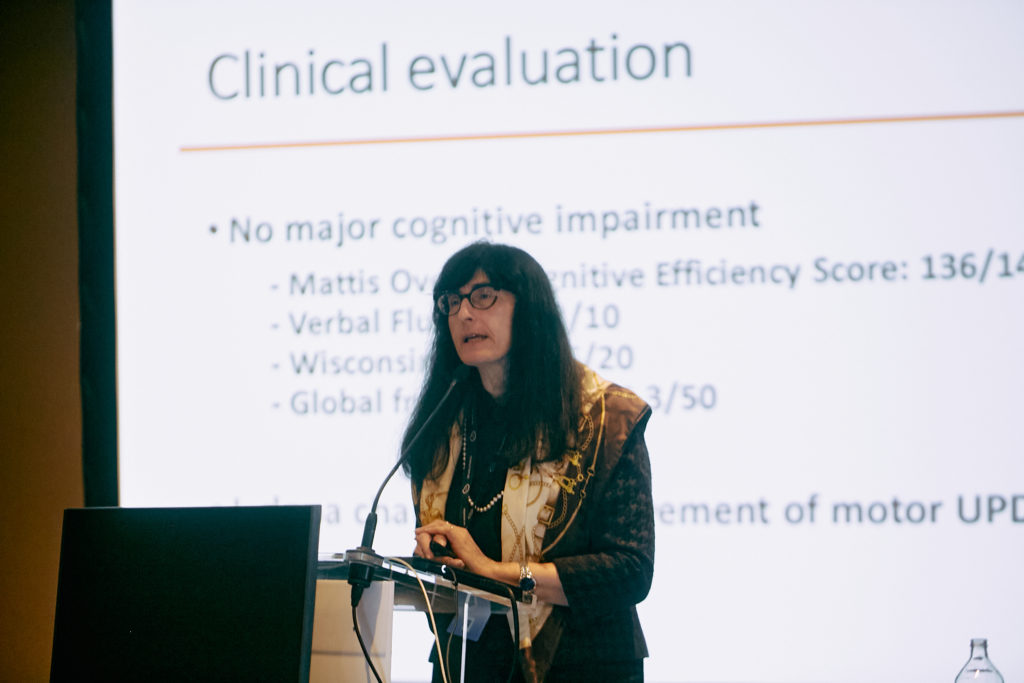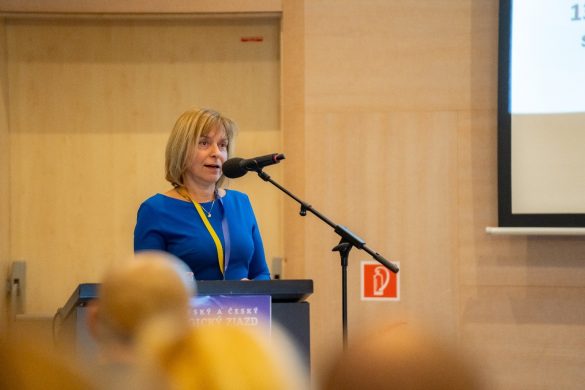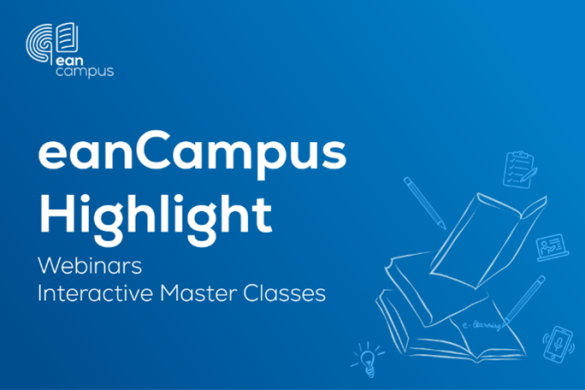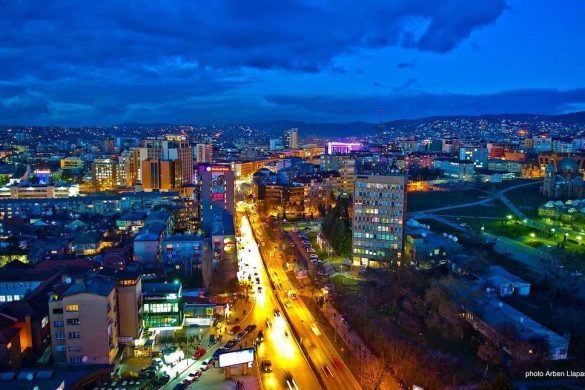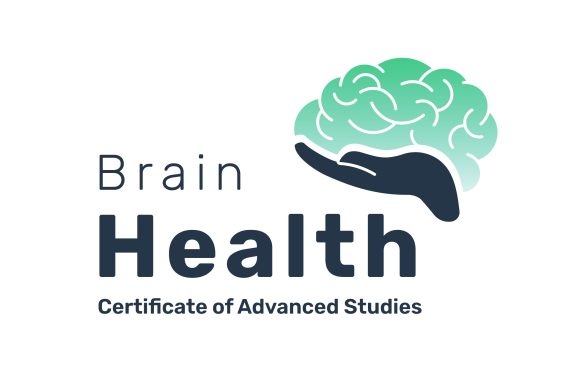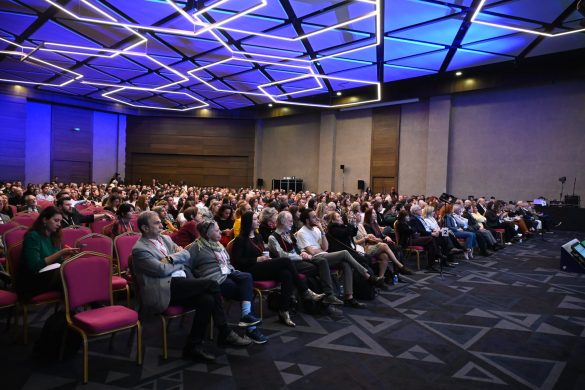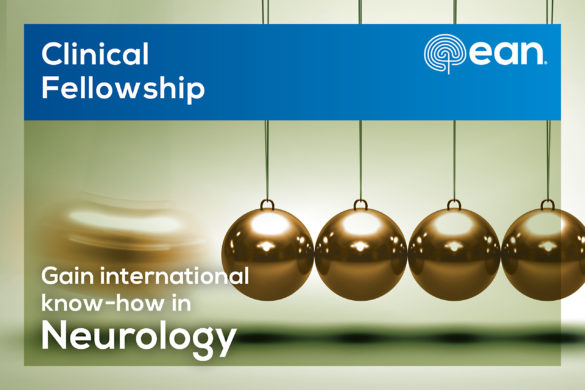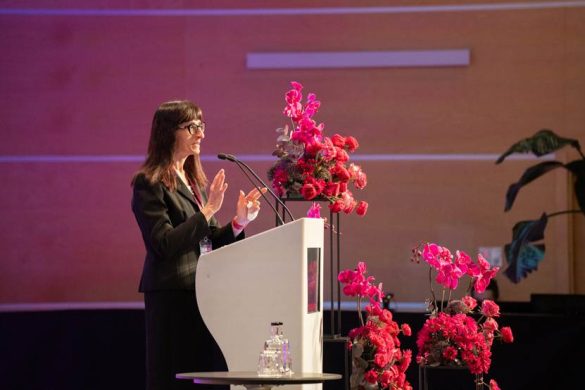by David García Azorín (on behalf of the Spanish Society of Neurology)
On November 15, 2022, the Spanish EAN-Day was held in Seville, the future venue of the EAN 2025 congress. The event was originally planned for the 2020 Spanish Society of Neurology (SSN) meeting, but due to the pandemic, it was postponed until the first in-person meeting, in 2022. The Spanish delegate, David García-Azorín, organised the event, in collaboration with the SSN secretary, Ángela Navarrete, and the EAN Head Office secretariat, Helene Winklmayr and Julia Mayer.
The session was moderated by Prof. Celia Oreja Guevara of the EAN Scientific Panel on Multiple Sclerosis and Prof. Pablo Irimia, co-chair of the EAN Scientific Panel on Headache, both active members within the EAN. Dr Edoardo Caronna highlighted the benefits of joining the Residents and Research Fellow Section (RRFS).
The three major topics were neuro-oncology, movement disorders, and autonomic dysfunction and neurourology. First, Prof. Riccardo Soffietti, from the University of Torino, reviewed the management of central nervous system cancer, with a practical approach for general neurologists. During the interactive workshops, a session focused on the differential diagnosis of central nervous system tumours was presented.
Second, Prof. Elena Moro, from the University of Grenoble, discussed the clinical management of Parkinson’s disease. This session was linked with the interactive session about the non-pharmacologic treatment of Parkinson’s disease. The expertise of Prof. Moro was highly valued, and evidence about novel techniques, such as high-frequency focal ultrasound (HIFU) was revisited. Prof. Moro also presented data about the situation of Spain within the EAN, with numbers that show that Spanish neurologists are getting closer to the EAN each year.
Last, but not least, Prof. David B. Vodušek covered the topic of neuro-urology and autonomic system dysfunction, with urinary and sexual disfunction management and the differential diagnosis and complementary exam interpretation in bladder disorders. This is a topic rarely covered in the training programs in Spain, despite being a common disorder that may impair patients’ quality of life.
In a change from previous EAN-Days, this one took place during the first day of the congress, which is typically used for teaching courses, and it was done in parallel with other sessions. This could be the reason why the online attendance was ten times higher than the in-person attendance. Spanish neurologists were pleased to learn from international experts and to meet and greet relevant members of the EAN.
The Spanish Society of Neurology is grateful to the EAN for this opportunity and is looking forward to welcoming all EAN members to Seville soon.
